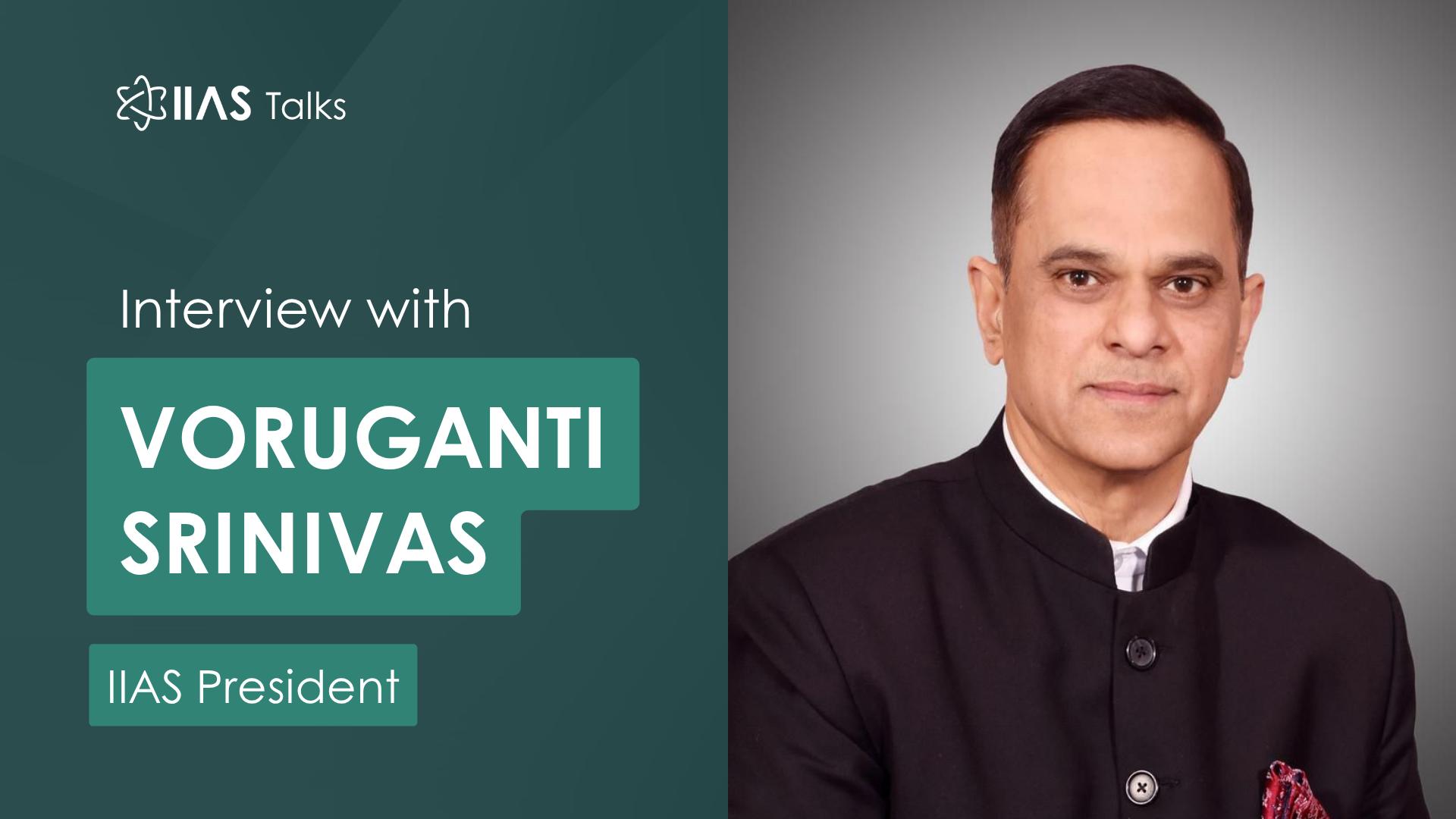_20250827135952.png)
IIAS President Outlines Five Commitments for EGPA@60
27 August 2025
During the IIAS Presidential Address during the Opening Ceremony of EGPA 2025 Conference, the IIAS President outlined the 5 commitments for vision EGPA@60.
After an extensive two-year global review process, the United Nations Department of Economic and Social Affairs (UN DESA) and the International Association of Schools and Institutes of Administration (IASIA) have finalized and launched the updated Standards of Excellence for Public Administration Education and Training.
These updated Standards represent the highest benchmarks of quality and performance for education and training programs dedicated to public administration worldwide. Developed by a global Task Force of eminent experts and practitioners, the Standards serve as a vital guide for academic institutions, trainers, and public administration professionals striving to deliver exceptional, relevant, and impactful education.
The revision process (2022–2024) was comprehensive and inclusive, involving over 1,200 expert contributions gathered through seventeen global and regional workshops, multiple meetings, and a multilingual online survey available in Arabic, English, French, Portuguese, and Spanish. This extensive consultation ensured the Standards reflect contemporary challenges and incorporate the Sustainable Development Goals (SDGs) as a core framework.
The Standards of Excellence emphasize core values including inclusiveness, diversity, competent faculty, engaged learners, impactful curricula, community engagement, sustainable resources, and collaborative partnerships. Applying these Standards will cultivate a new generation of dynamic, tech-savvy, and agile public servants equipped to navigate complex governance landscapes and contribute meaningfully to sustainable development.
The International Institute of Administrative Sciences (IIAS) and IASIA reaffirm their commitment to advancing public governance through research, education, and practical application by promoting these updated Standards globally. Through IASIA’s International Commission on Accreditation of Public Administration Education and Training Programs (ICAPA), institutions worldwide can now pursue accreditation that recognizes their adherence to these rigorous quality benchmarks.
This initiative is fully aligned with the IIAS mission to improve public governance by fostering excellence in education and training, thus enabling governments to better serve their communities and meet evolving societal needs.
_20250827135952.png)
During the IIAS Presidential Address during the Opening Ceremony of EGPA 2025 Conference, the IIAS President outlined the 5 commitments for vision EGPA@60.

18 August 2025
The International Institute of Administrative Sciences (IIAS) is delighted to share an exclusive video interview with its newly elected President, Srinivas Voruganti. In this insightful conversation, President Voruganti outlines his vision, priorities, and strategic plans to guide IIAS toward becoming a future-ready, inclusive, and globally connected institution.

The EGPA 2025 Conference is just around the corner, and participants joining us in Glasgow, Scotland, UK, from 26 to 29 August 2025 can enhance their experience by downloading the official EGPA 2025 Conference App. The mobile app is designed to enrich attendees’ conference experience by providing tools to plan personalized schedules and receive live notifications throughout the event.